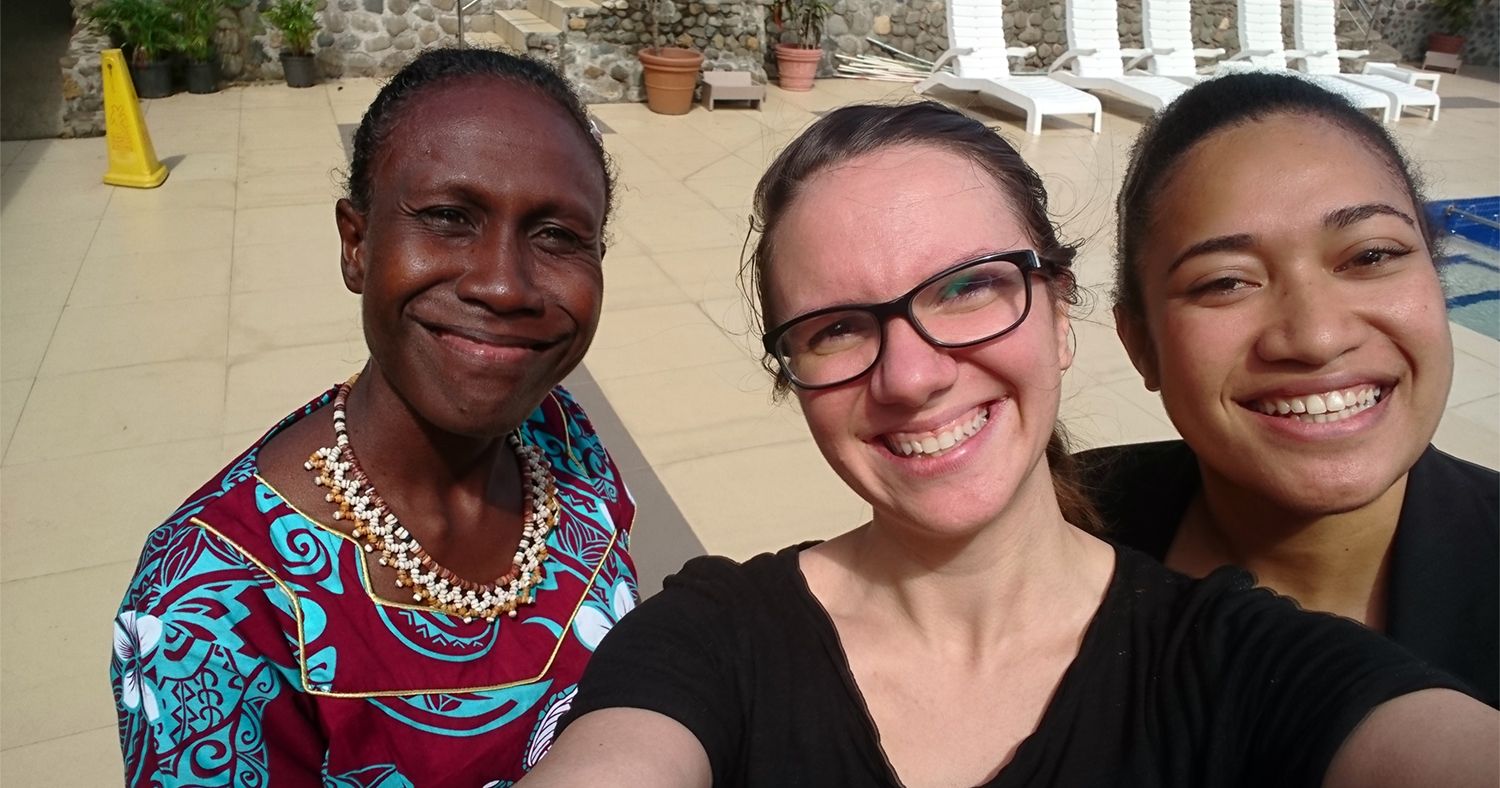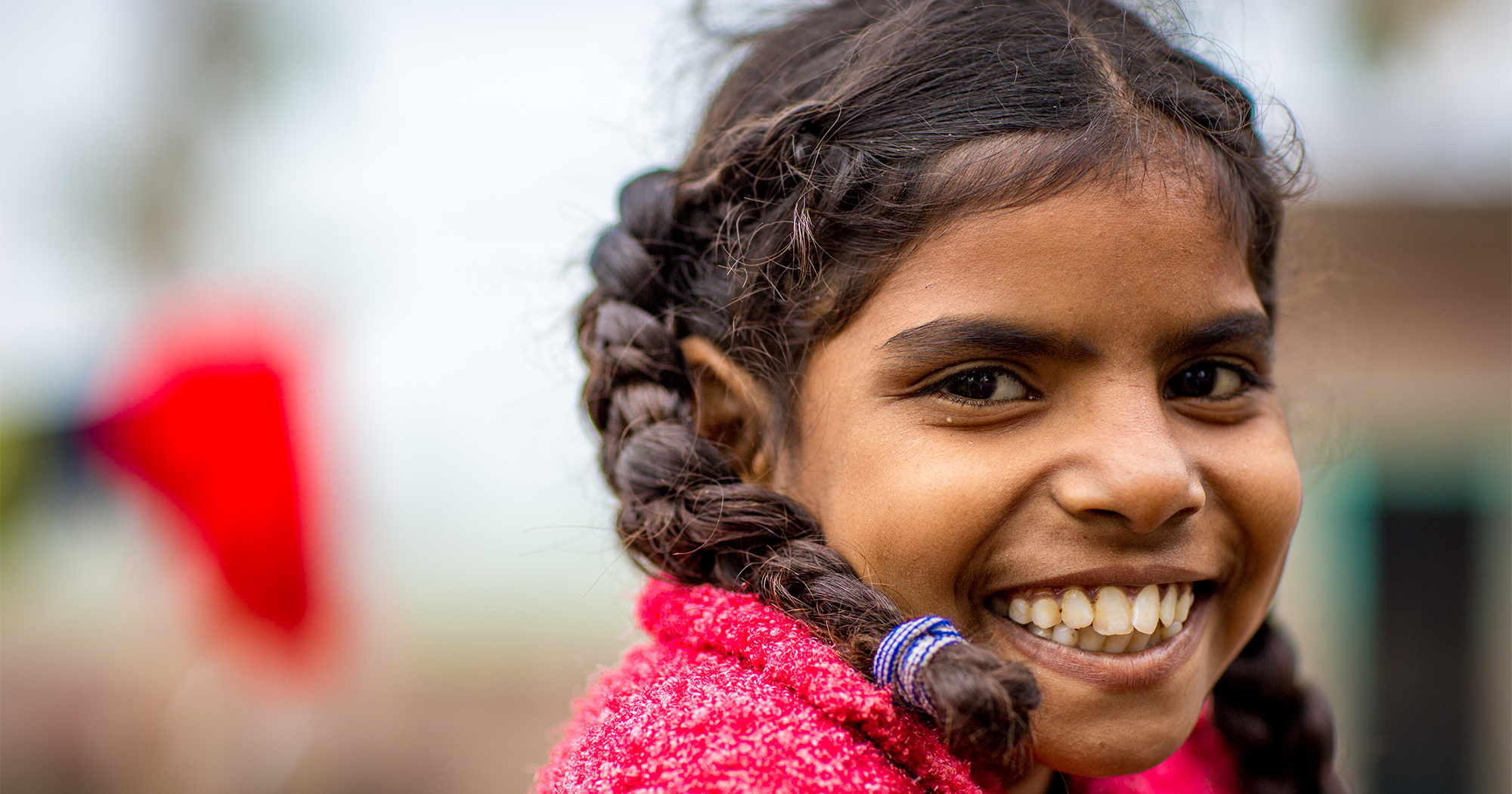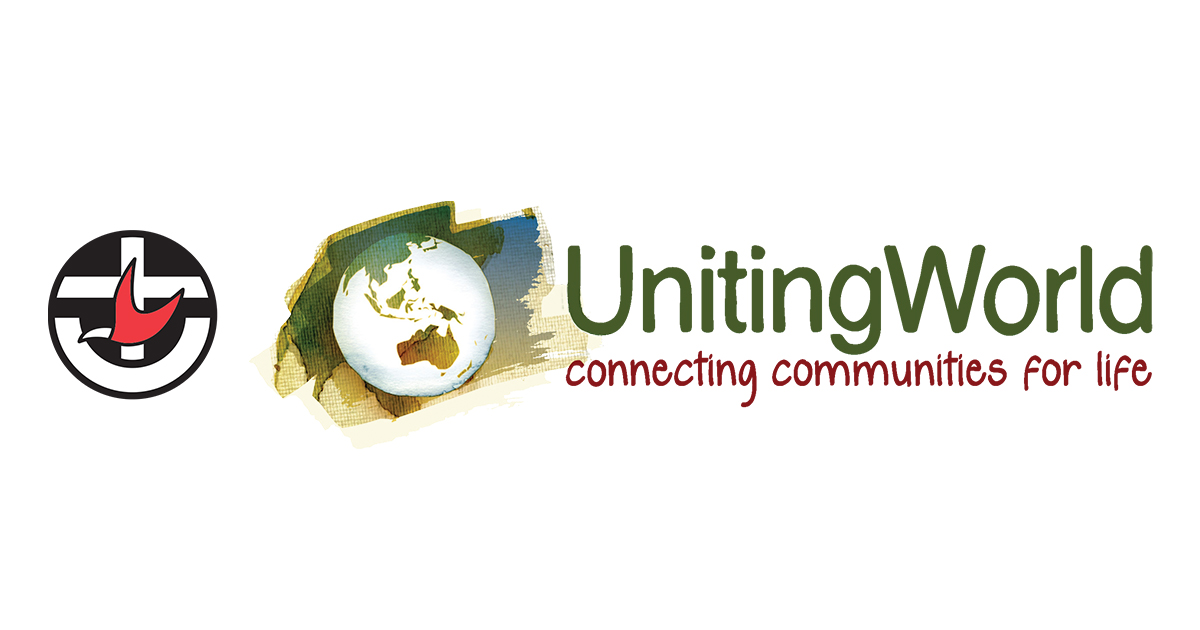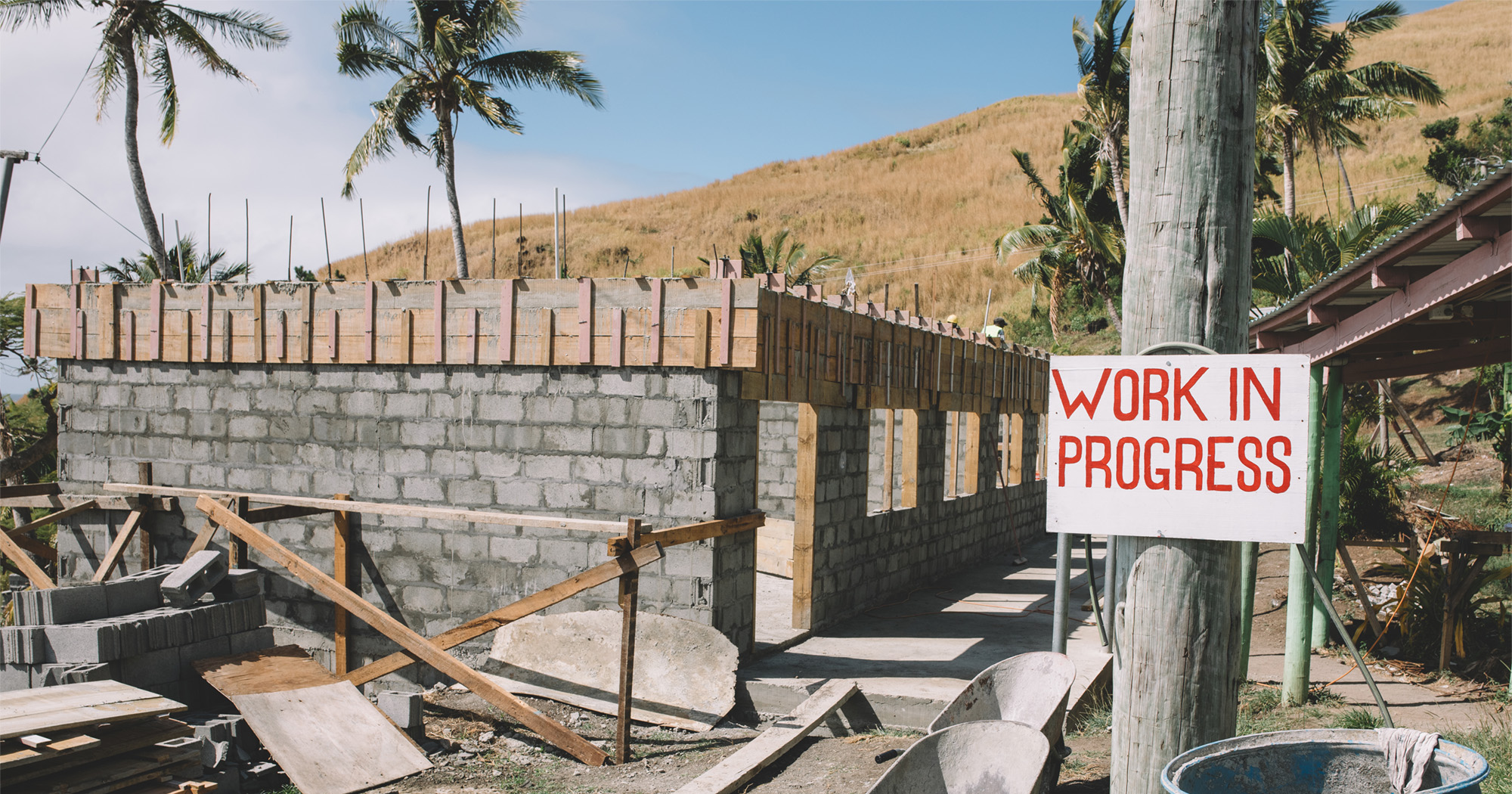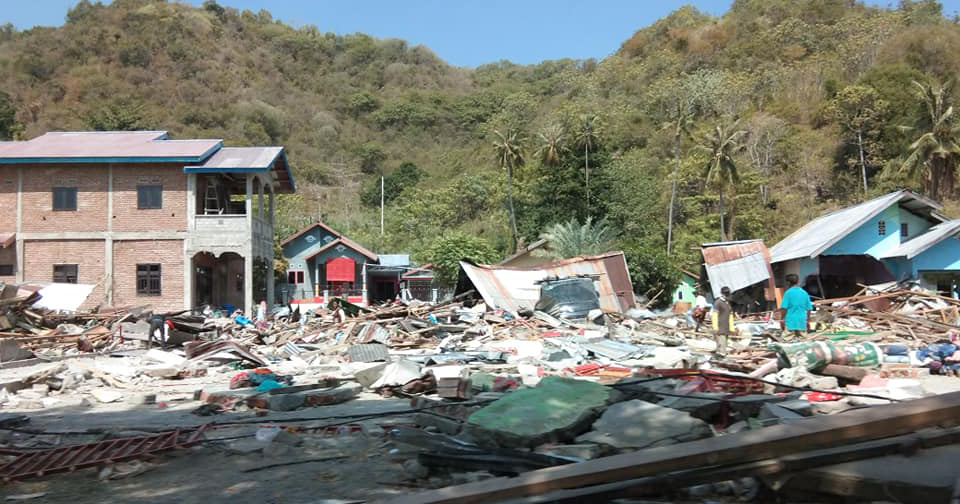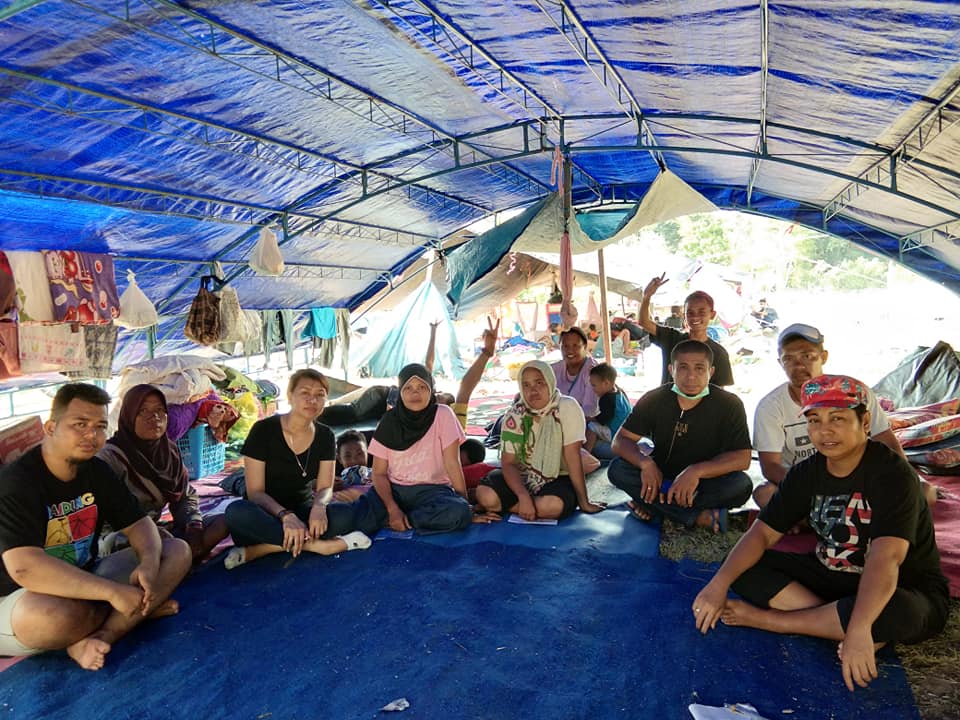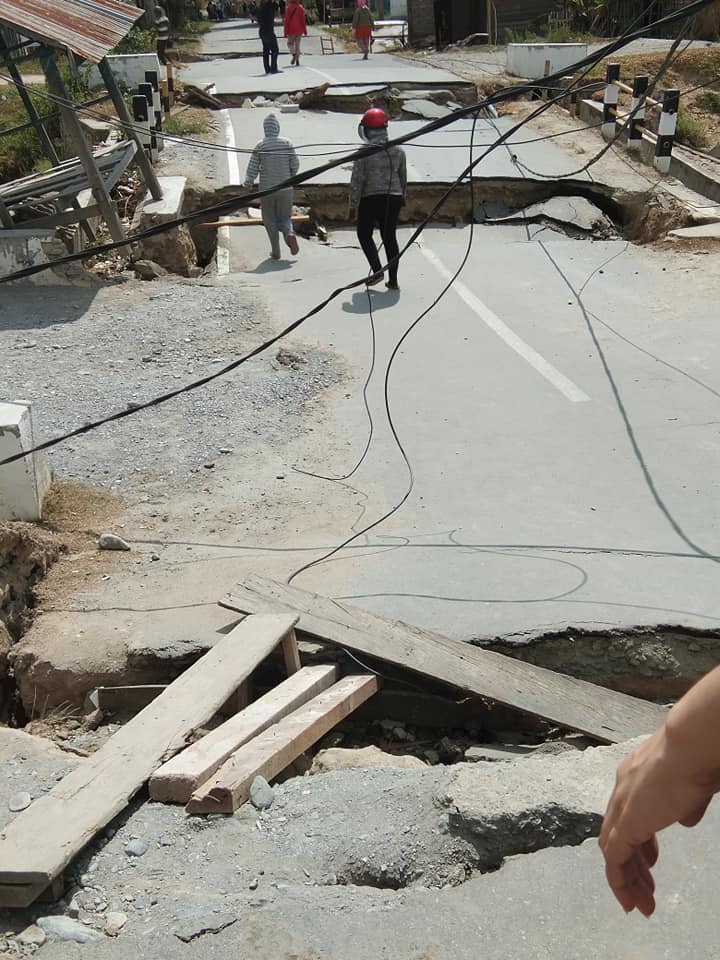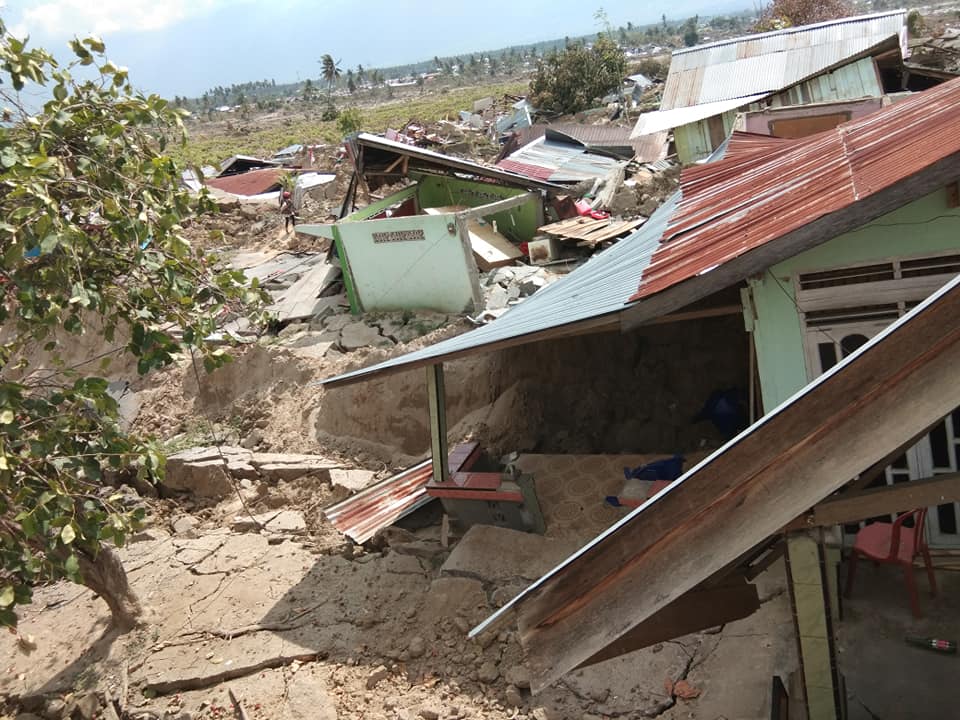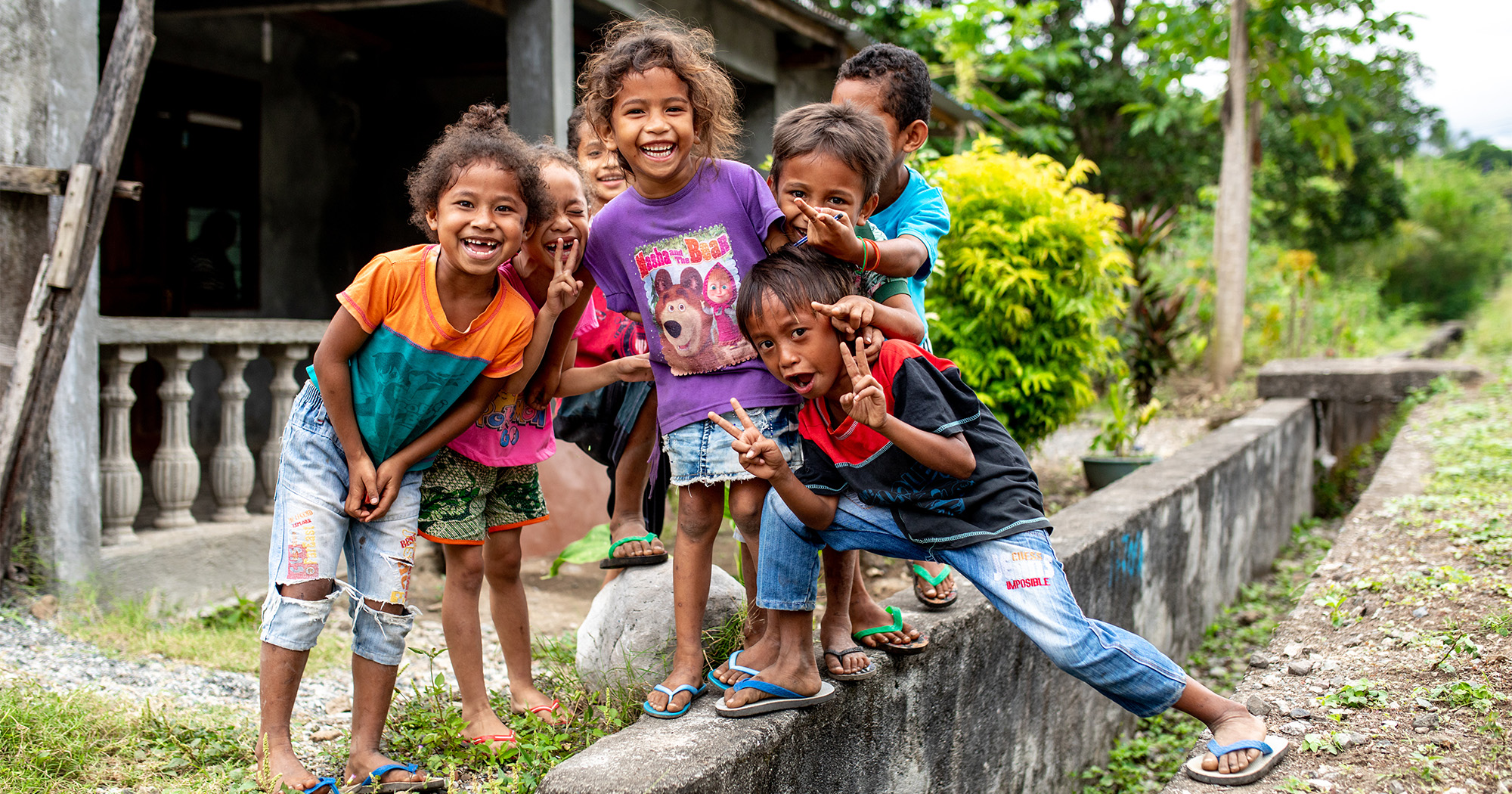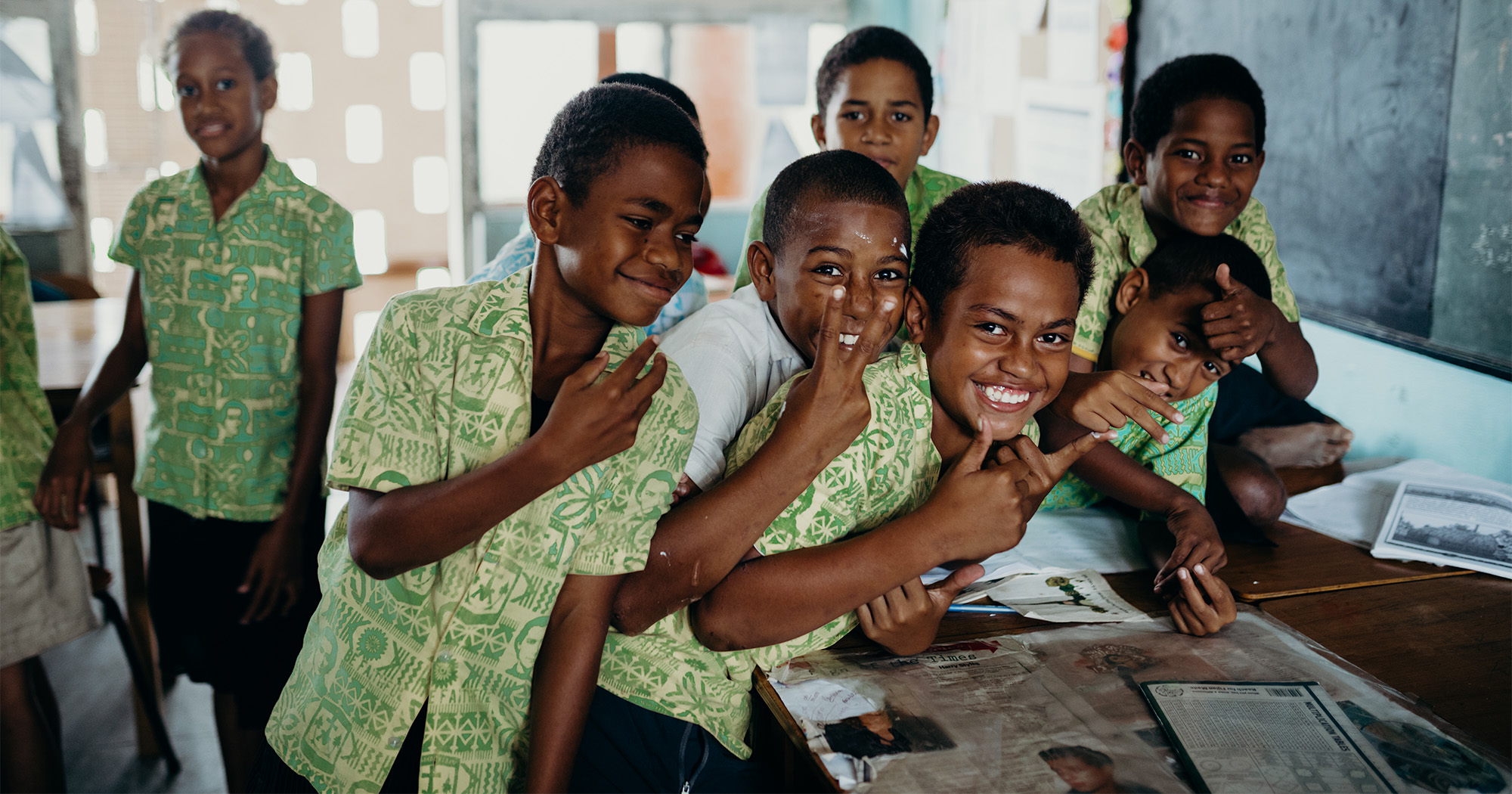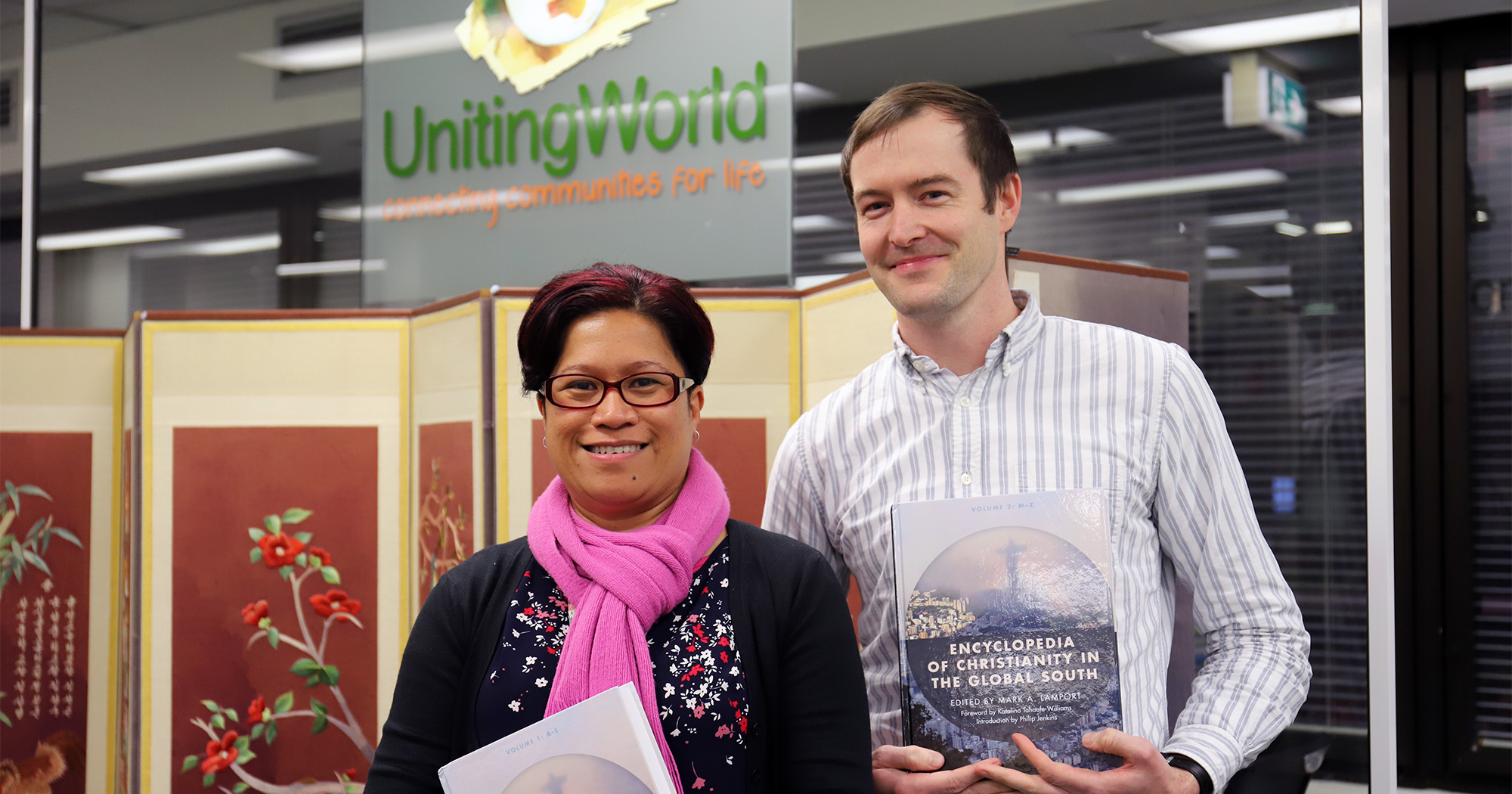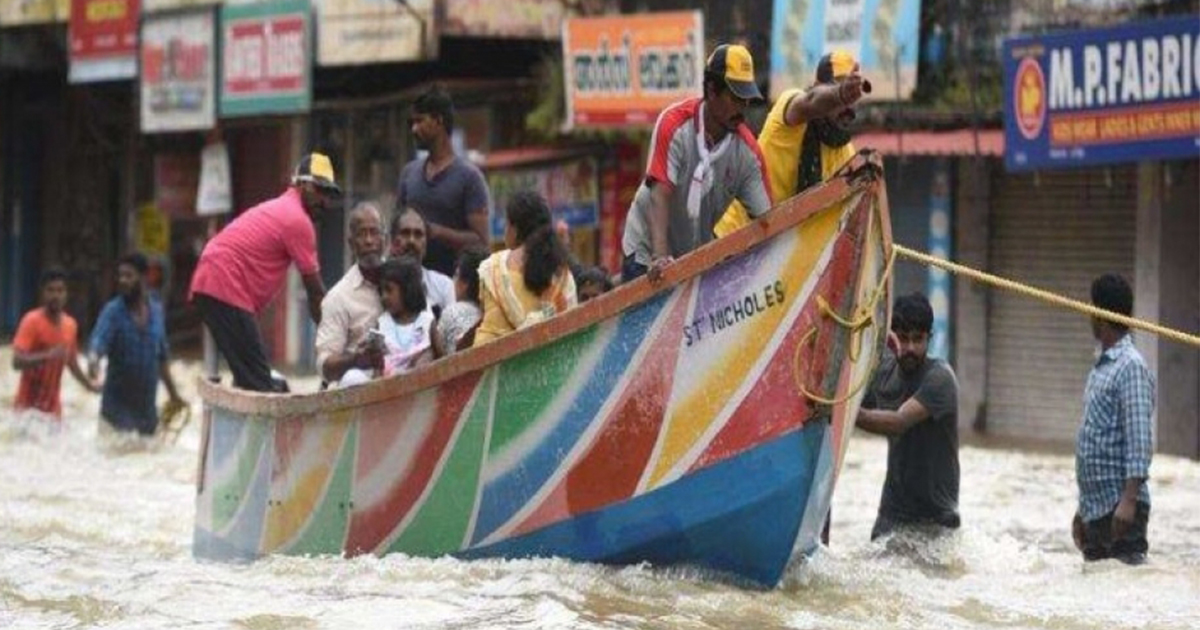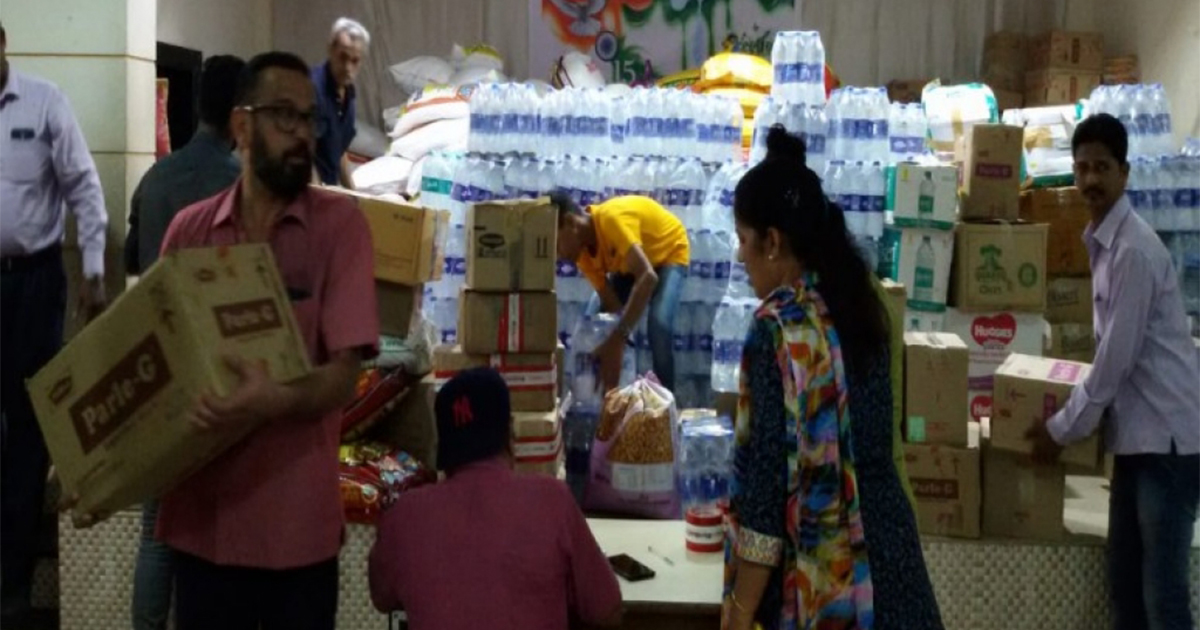Theology of gender equality making waves in the Pacific
UnitingWorld hosted its annual five-day workshop on Gender Equality Theology in early November.
Led by Pacific theologians Rev Dr Cliff Bird and Siera Bird, ministers from partner churches across the Pacific met in Nadi, Fiji, to wrestle with biblical themes of equality and anti-violence. They discussed how principles from the Bible can be powerful forces for positive change in their communities, where violence against women continues to be a significant problem.
Participants expressed their appreciation for what they learned throughout the week and committed to taking the knowledge back to their home churches.
“The teaching tools have given me more clarification for deeper biblical analysis and identifying the root-causes of social issues,” said Rev Tomasi Tarabe, New Testament lecturer at the Davuilevu Theological College in Suva.
“I hope UnitingWorld continues to work with Pacific theologians on developing a methodology of reading and interpreting the Bible through our cultural lens.”
Participant Victoria Kavafolau, a theology student and newly appointed head of the Women’s Desk for the Tonga National Council of Churches, spoke about how her expectations for the event were turned around.
“Before I participated in the Gender Equality Theology workshop, I thought ‘oh, this is just another program advocating women’s rights.’ To be proven wrong was an understatement… Not only did it raise awareness about violence against women and children, but the workshop provided tools and resources for theologically interpreting and identifying gender equality within Scripture and how we can apply that to our relevant contexts,” said Victoria.
“This is an important area within our respective Oceania communities to be addressed and enriched. We are in a different era now with different worldviews and contexts. Our cultural values and customs often deter us from developing further perspectives on gender equality.
This program has impacted me at a personal level and has encouraged me to address this growing issue within my Tongan community. With the aid of UnitingWorld and the tools and resources they have provided me, hopefully change can be implemented according to the will of God. Praise be to God.”
The Partnering Women for Change project is supported by the Australian Government through the Pacific Women Program.
Photo: Victoria Kavafolau (right) with UnitingWorld Program Manager Megan Calcaterra and Rev Lima Tura, a previous UnitingWorld scholarship recipient who is now a lecturer at Seghe Theological Seminary in the Solomon Islands. Photo credit: Megan Calcaterra.

